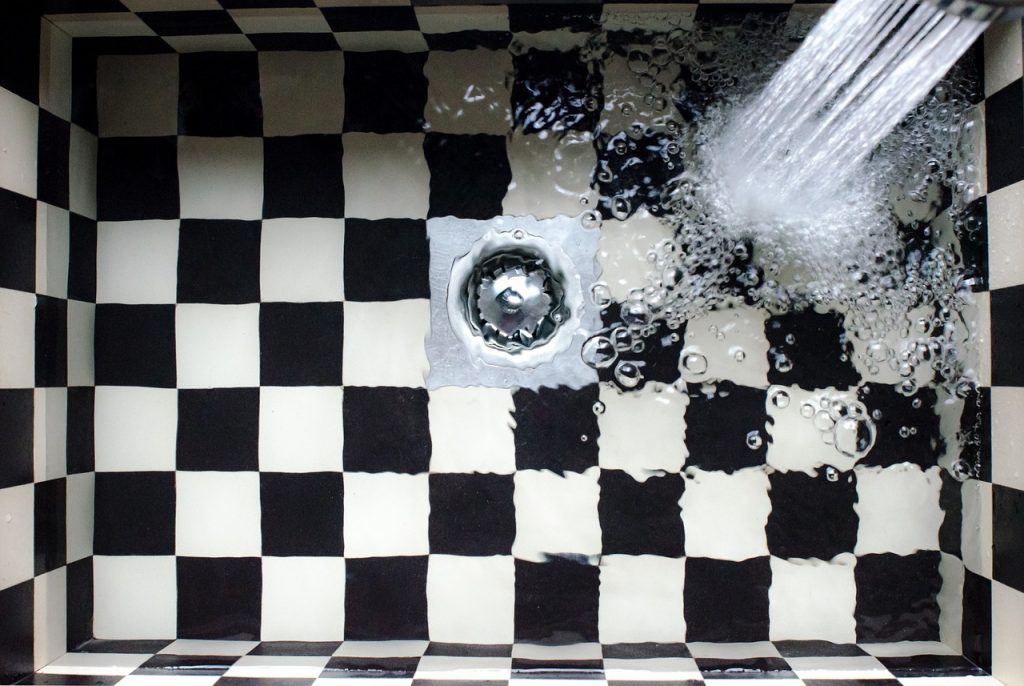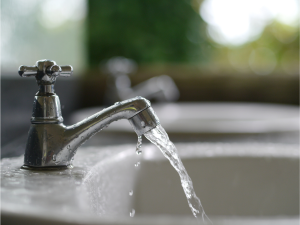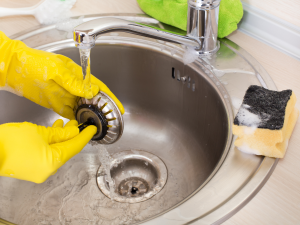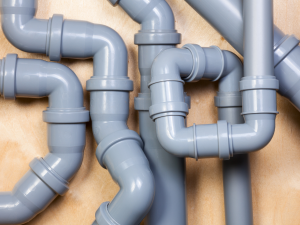Plumbing problems are inevitable. As long as you have a plumbing system in your home (every home does), you are likely to experience plumbing problems. While the causes of some issues are usually due to normal wear and tear on plumbing materials and equipment, others are caused by poor workmanship and lack of maintenance. Knowing the most common plumbing problems is the initial step towards avoiding them since you can detect and sort them early enough before they lead to even more significant issues.
Here are the most common plumbing problems that you are likely to encounter
-
Slow draining sinks
This is one of the most common plumbing problems. It is unlikely that you will come across anyone who has not experienced this, whether at home or at a hotel. Slow draining sinks are caused by a blockage that restricts water from flowing towards the drain. Kitchen sink clogs are more common due to food remnants and congealed fat. Bathroom sinks are also not safe from slow drains as they easily get blocked by soap particles and hair.
Slow draining sinks are not only irritating but can also cause a myriad of health issues. As such, ensure that you unclog the sinks immediately after they clog. Some of the tools you can use to unclog sinks include using a plunger and a plumber’s snake. Home remedies such as pouring chemical clog removers, vinegar, and baking soda can also help clear the clog. However, if the clogs are beyond your capability, always seek the services of an experienced and qualified plumber.
If using chemicals to unclog sink drains, always take precautionary safety measures such as wearing glasses, gloves, and following instructions on the chemical labels. Never mix chemicals as they can produce poisonous gas.
-
Dripping faucets
Dripping faucets are irritating. The thought of wiping water from the floor or emptying a collection bucket every so often is not entertaining. What about the rise in the cost of water due to water wastage? You could end up with a hefty bill over a year if dripping faucets are not fixed.
The most common causes of dripping faucets include worn, torn, dislodged, or stiff washers. Luckily, solving this plumbing problem is not complicated. And it will not break your bank. With basic tools and DIY skills, you can fix dripping faucets. Ensure that you switch off the water supply first before attempting to carry out repairs. If you have multiple dripping faucets concurrently, consider hiring a qualified plumber to diagnose the cause and fix the problems professionally.
-
Clogged toilets
A clogged toilet is an unpleasant experience, more so if all toilets in a home are clogged. This can be an indication of a blockage in your main sewer drain. Other times, a clogged toilet can result from excess toilet paper or waste or non-flushable items that can be trapped after flushing. This can be fixed with a plunger, a drain auger, or a sewer snake. If the cause of the blockage is a clog in the main sewer line, contact a qualified plumber to help unblock the drain as soon as possible.
-
Faulty water heaters
You hop into the tub, ready for a relaxing bath, but the water suddenly goes cold. The problem with faulty water heaters is that they are often detected when water fails to heat. Most homeowners have experienced this problem at one point. To reduce such unpleasant experiences, ensure that your water heater is properly installed and maintained. This also reduces the chances of potentially fatal water heater accidents such as gas leaks and explosions.
-
Running toilets
This is the most common source of water wastage in a home. Often caused by a faulty flapper valve, you could end up incurring a hefty water bill. Running toilets may also be caused by sediments that affect the filling and flushing. Most of the time toilet runs can be solved by repairing the faulty flapper valve.
-
Low water pressure
If the water flow from the sink suddenly becomes trickles, you might have a water pressure issue. Low water pressure can be caused by hidden leaks, clogs in pipes, corroded pipes, or a water pump that can no longer meet the water supply needs.
Depending on the cause of the low water pressure, your plumber will advise you on the most actionable solution, whether it’s unclogging or replacing pipes, or switching to another water pump.
-
Leaky pipes
Most homes experience this plumbing problem. Leaky pipes can be caused by cracked pipes and seals, pipe corrosion, stubborn clogs, incorrect pipe laying, damage on pipe joints, and excessive water pressure.
Regardless of the cause, ignoring leaky pipes can further damage your home and the plumbing system.
-
Sump pump failures
If you live in a location that is prone to flooding, then a sump pump is among the most important pieces of equipment in your home. A sump pump failure can lead to unpleasant experiences such as backyard flooding, damage to property, flood-related accidents, as well as health hazards, especially with stagnant floodwater.
Sump pump failures can be caused by an overwhelming amount of water, such as after a heavy rainfall, improper installations, stuck switches, clogged pipes, and pump overuse.
How to avoid common plumbing problems
While these plumbing problems are common, they are avoidable.
- Ensure you get your plumbing services from a qualified plumber– Most plumbing problems arise from poor workmanship. While most people run to inexperienced plumbers to save a few coins, experiencing these problems can be more expensive in the long. For instance, replacing clogged or broken pipes is not easy or cheap, not to mention inconvenient, especially if it affects major parts of your plumbing system.
- Have regular maintenance checks– Most major plumbing issues are preventable if detected early. For instance, water heater damage can be prevented if regular checks are carried out. You can also avoid potentially fatal accidents such as a water heater explosion.
- Discard waste as per the recommended guidelines– Discarding waste un-flushable items are the primary source of clogs in most plumbing systems. Kitchen clogs can also be caused by discarding old or grease in the sink.




